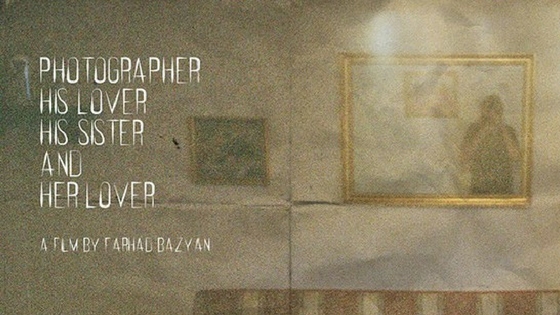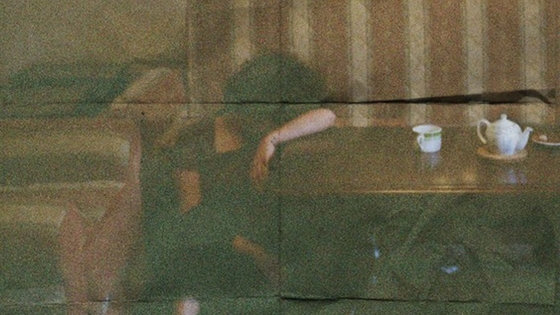
A photographer loses his memory and he falls in love with his sister. It is the beginning of his destruction – this is what the official info tells you about Photographer, His Lover, His Sister, and Her Lover (2016). What’s this in my view? A sort of mysterious postmodern combination of narratives within 12 minutes of the film: one, picture based narrative uses images, music, horror scenes mixed with camouflaged eroticism and full of understatements; the other one based on meta-language as if describing the story on the first plane. Both tell us kind of impressionistic fragments, if not snapshots, of the reality of a relationship or more relationships, the viewer cannot be sure. What is sure, is that the more vivid imagination the viewer has, the better, because the whole thing is very frugal; not explicitly presented, which, by the way, should not, by any means, seen as a vice: it generates some additional effects. One can find some scattered semi-philosophical thoughts, e.g. saying that without memory there is hardly any meaningful relationship possible (this thought is repeated throughout the film). Hearing German and Farsi (and some other) languages is not problem thanks to English subtitles; just the opposite – it seems to be on purpose to produce an effect of mystery that is born at the clash of cultures, especially when members of these are interconnected on emotional basis. This is strengthened by the effect of overhearing conversations and surmising the interpersonal connections – since hardly anything is clear here, which, it should be repeated, is not a vice. Besides, we can see unusual sensitivity of the director: he uses ordinary objects yet present them or sees them in an uncommon way, which, in effects, gives an impression that normal things can be seen in noteworthy ways. Bazyan likes looks: on numerous occasions, he closes up faces, esp. female faces looking directly at the camera as if trying to find something more than facial expressions can tell. A happy ending? – no way, forget about it: instead, you get a mixture of the unexpected.
Chris Skowroński

Farhad Bazyan (1979), an international film director, author of a book about mimes (2007); a member of Berlin Practical Philosophy International Forum e.V. Presently, completing his PhD at Vienna University.
Recent Comments